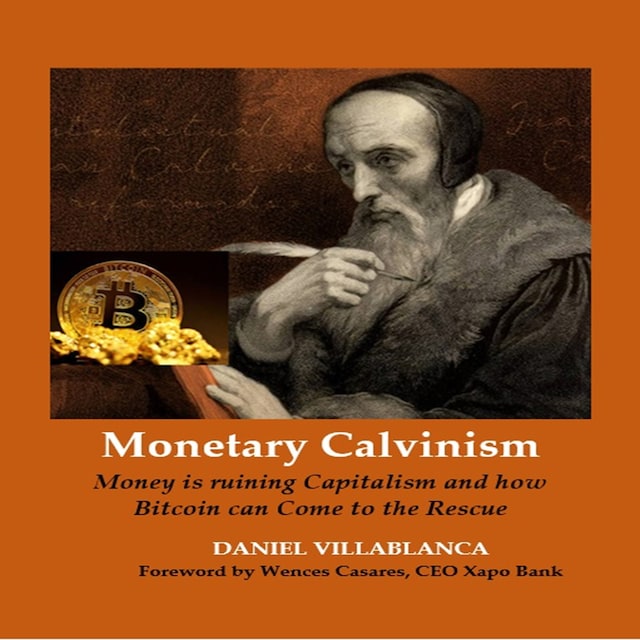
MONETARY CALVINISM
MONETARY CALVINISM. MONEY IS RUINING CAPITALISM AND HOW BITCOIN CAN COME TO THE RESCUE
Opis książki
Increasingly, we are witnessing popular uprisings around the globe that, contrary to historical insurrections confined to less developed countries and poverty, now share common banners of struggle such as inflation, inequality, elite abuse, immigration, all at the heart of globalization and capitalism which, at the risk of losing its monopolistic and privileged position of the last four decades, requires equally dramatic adjustments. As a product of globalization, which has standardized capitals throughout the world, discontent is unequivocally linked by intellectuals to apparent, proximate causes, merging with symptoms, confusing the analysis. This book attempts to highlight some ultimate causes, emphasizing among them the abandonment of a series of counterweights, regulatory mechanisms, and consensuses that for centuries tempered the exercise of power, and which thanks to technology we can rescue for the first time.
There is a growing number of indicators showing that we have finally arrived at a kind of monetary apocalypse, in which we print money ad infinitum into a bottomless pit, generating not only fiscal distortions but also inevitably financial crises every five to ten years. Among the many harmful effects of infinite debt issuance, the Cantillon Effect (a term coined more than two centuries ago in England) stands out, in which those close to the monetary spigot benefit from abundant and low-cost credit versus those who are farther away and receive in comparison a slight mist, in addition to the harmful effects of such excessive monetary mass issuance, namely, hyperinflation or excessive inflation (which is nothing but taxation without representation), unemployment, and confiscation.
Liberalism and its steed, capitalism, in its most recent and galloping version, would be better served if we move towards a growing separation of state-money, a kind of monetary Calvinism, using for it new forms of sound money, less susceptible to the whims of central power and


